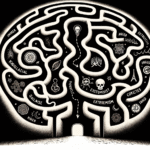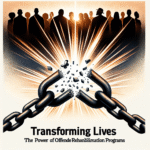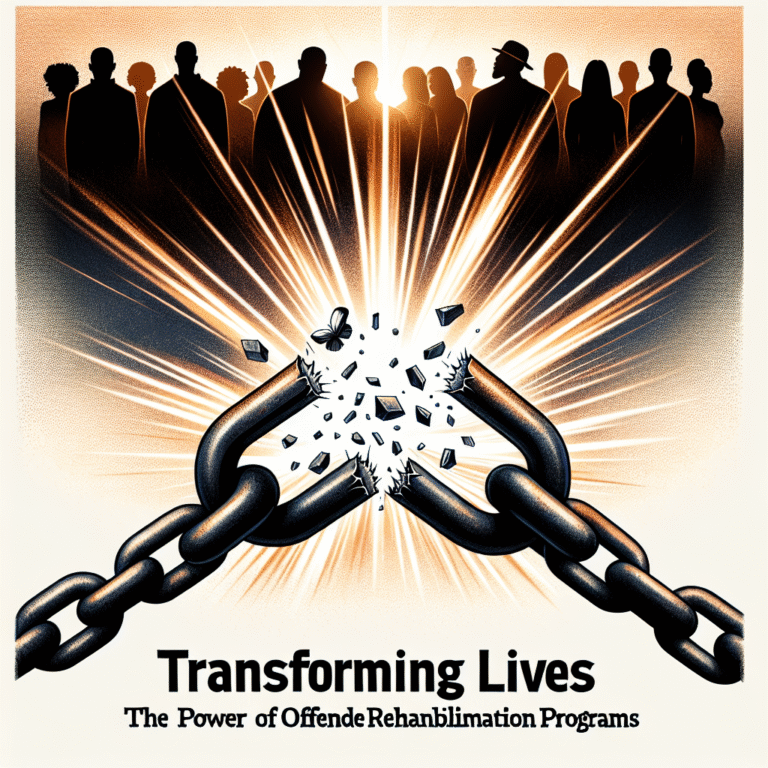
Introduction
In the intricate web of human existence, mental health often remains an overlooked cornerstone of our well-being. As we grapple with the growing statistics of suicide and mental illness, it’s imperative to explore methodologies that can help us understand and prevent these tragedies. One such approach is the psychological autopsy, a process that seeks to reconstruct the life of an individual who has died by suicide. This article, "Reconstructing Lives: The Essential Role of Psychological Autopsy in Mental Health Advocacy," delves into how this vital practice not only illuminates the complexities of the human psyche but also serves as a beacon for mental health advocacy and prevention strategies.
The Concept of Psychological Autopsy
What is a Psychological Autopsy?
Psychological autopsy is a systematic investigation aimed at elucidating the psychological state of an individual prior to their death. It combines data from interviews with family, friends, mental health professionals, and available records, reconstructing the person’s mental and emotional landscape.
| Components of a Psychological Autopsy | Description |
|---|---|
| Interviews | Gathering narratives from close contacts. |
| Medical History | Examining past mental health diagnoses. |
| Personal History | Reviewing life events, stressors, and traumas. |
| Circumstantial Evidence | Analyzing circumstances leading to the death. |
Why is Psychological Autopsy Important?
Understanding the mental health journey of an individual who died by suicide is crucial. It uncovers patterns and risk factors that may not be readily apparent, ultimately contributing to public health initiatives aimed at preventing similar tragedies. The impact of this process extends far beyond individual cases; it offers insights that can shape policies, therapeutic practices, and community support frameworks.
Case Studies
Case Study 1: The Story of Emily
Emily was a vibrant young woman known for her infectious laughter and zest for life. But beneath the surface, she struggled silently with depression. After her untimely death by suicide, a psychological autopsy revealed a history of bullying in her formative years and untreated mental health issues.
Analysis:
Emily’s case exemplifies how reconstructing lives through psychological autopsy can unveil critical mental health challenges that were overlooked. Her story highlighted the need for anti-bullying initiatives and better mental health resources in schools.
Case Study 2: The Tragic Fate of Mark
Mark was a loving father and a successful professional. Yet, there were whispers of his internal battle with anxiety and substance abuse. After his death, a psychological autopsy uncovered a lack of coping mechanisms developed during childhood that contributed to his struggles.
Analysis:
Mark’s situation illustrates how understanding an individual’s background can inform potential interventions. By addressing early trauma and promoting resilience, mental health advocates can help save lives.
The Role of Psychological Autopsy in Mental Health Advocacy
Guiding Policy and Prevention
The data gathered from psychological autopsies can significantly influence policy making. By identifying common risk factors associated with suicide, advocates can push for targeted interventions.
| Policy Changes Influenced by Psychological Autopsy Data | Description |
|---|---|
| Mental Health Education | Curriculums focusing on resilience and coping strategies. |
| Substance Abuse Programs | Targeting at-risk populations based on data patterns. |
Enhancing Therapeutic Approaches
Contracting mental health professionals trained in psychological autopsy methodologies allows for a more nuanced understanding of patients’ historical contexts, improving individual therapy approaches.
Community Awareness and Training
By making psychological autopsy findings accessible to community organizations, mental health advocates can support initiatives that address societal stigmas surrounding mental illness and suicide.
Implementing Psychological Autopsy in Practice
Training Mental Health Professionals
Incorporating psychological autopsy training into the curriculum of psychology and counseling programs empowers future mental health professionals to understand the depths of their patients’ histories.
Collaborations with Law Enforcement
Fostering partnerships between mental health professionals and law enforcement ensures a comprehensive approach to crisis interventions, thereby reducing the stigma and potential misunderstandings surrounding mental health crises.
Advocacy for Research Funding
Increased funding for studies utilizing psychological autopsy can lead to more data-driven approaches to mental health advocacy, ultimately benefiting communities as a whole.
The Challenges and Limitations
Stigma Surrounding Mental Health
Despite its potential, psychological autopsy often faces challenges rooted in the stigma surrounding mental health. Families may be reluctant to share intimate details, fearing judgment or misunderstanding.
Ethical Considerations
Navigating the fine line between understanding and respecting privacy is crucial. Ethical guidelines must be established to protect individuals’ dignity while collecting valuable data.
Information Gaps
In some cases, insufficient data can hinder the efficacy of a psychological autopsy. Lack of comprehensive information can lead to incomplete understandings of the individual’s mental health journey.
Conclusion
Reconstructing lives through the psychological autopsy process unveils a treasure trove of information beneficial for mental health advocacy. By embracing this practice, we can uncover vital insights that not only honor those we’ve lost but also foster a culture of understanding and prevention.
As we stand at the crossroads of mental health awareness, let us advocate for the deployment of psychological autopsy findings to develop effective strategies. The journey towards improved mental health for all requires a collective effort fueled by knowledge, empathy, and commitment.
FAQs
1. What is the primary aim of a psychological autopsy?
The primary aim is to reconstruct the psychological state of an individual prior to their death, typically focusing on those who died by suicide to identify risk factors and inform prevention strategies.
2. How is a psychological autopsy conducted?
A psychological autopsy is conducted by gathering qualitative data through interviews with family, friends, and mental health professionals alongside reviewing medical and personal history.
3. Can psychological autopsies lead to public policy changes?
Yes, findings from psychological autopsies can provide valuable insights that shape public policy initiatives aimed at mental health advocacy and suicide prevention.
4. What challenges exist in the process of conducting a psychological autopsy?
Challenges include stigma surrounding mental health, ethical considerations regarding privacy, and potential gaps in information due to unavailability of relevant data.
5. How can I support mental health advocacy in my community?
You can support mental health advocacy by promoting awareness, participating in local initiatives, volunteering, or donating to organizations that focus on mental health research and support services.
By focusing on "Reconstructing Lives: The Essential Role of Psychological Autopsy in Mental Health Advocacy," we can not only honor those we’ve lost but also make strides towards preventing future tragedies and cultivating a healthier society. It’s time we embrace this process, advocate for mental health, and commit to understanding the narratives that shape human experiences.

















